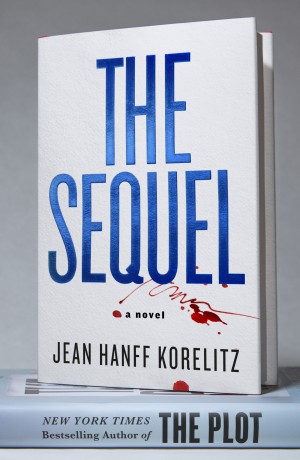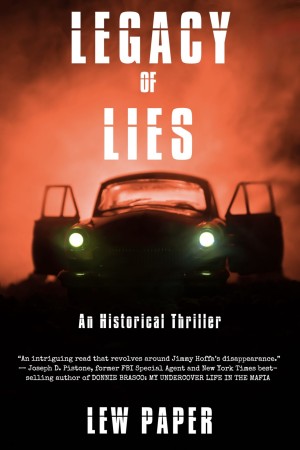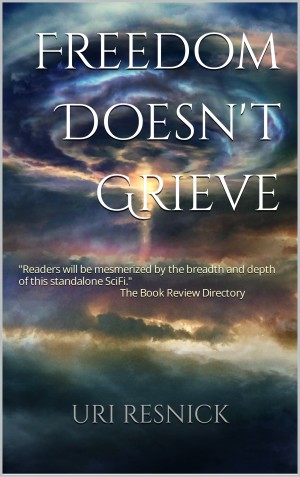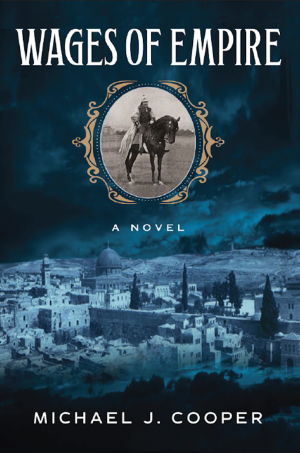In Lawrence Wright’s new thriller set in the Middle East, rage leaps off the page. It permeates the lives of the book’s characters: Jewish settlers and Palestinians living in the West Bank. Driven by historical victimization, shame, and a lust for vengeance, this rage feeds a cycle of violence.
Such is the world awaiting Palestinian American FBI agent Tony Malik when he travels to Hebron to attend a cousin’s wedding. Early in his stay, an Israeli police chief from a nearby settlement, Jacob Weingarten, is brutally murdered. As the investigation unfolds, Malik finds himself assisting the Israeli police inspector Yossi Ben-Gal.
Yossi is the opposite of his late boss, Jacob, who was passive and peace-minded, qualities that may have gotten him killed. Yossi has a checkered past that includes breaking the arms of stone-throwing Palestinian teenagers while serving in the Israel Defense Forces. He is also openly anti-Arab, a source of tension between him and Malik, who comes to embrace his father’s Palestinian heritage during his trip.
Together, they confront Hamas operatives, local Meir Kahane adherents, and corruption within Yossi’s own police department.
The plot is propulsive, unfolding with urgency in the months, weeks, and days leading up to October 7th, 2023. At times, however, Malik seems less like a fully-developed character and more a sounding board for voices on all sides of the Israeli – Palestinian conflict. Still, Wright renders the contested history, psychology, and arguments that color those viewpoints in a deeply affecting way.
“Israel was created by a grieving people,” Yossi’s daughter, Sara, tells Malik at one point. “If we had dealt with that, if we had accepted our suffering, we might have found happiness, if such a thing exists for a nation. But we let our grief define us. All this rage, this depression, shame, this insistence on revenge — they are expressions of a grief that is too big for us, too big for any people.”
The book’s cast of characters tend to have extremist leanings. They’re people who would not hesitate to kill or die for their side — who would even welcome the opportunity. But Malik comes to believe that these cross-sections do not represent the broader populations swept up in the unending conflict, people largely resigned to the arc of history and the devastating acts of their leaders.
And yet to Malik (and Wright), they too bear responsibility: “… neither side [has] worked to eliminate the violent actors inside their communities,” Malik thinks. “Instead, the extremists were tolerated, even elected to high office. They served a purpose, and the purpose was to prolong the conflict, justify the hatred, and rid the land of the other.”
Maksim Goldenshteyn is Seattle-based writer and the author of the 2022 book So They Remember, a family memoir and history of the Holocaust in Soviet Ukraine.





